The relationship between climate action and our shared cultural heritage is often overlooked, though no less important when it comes to building resiliency and adapting to climate change.
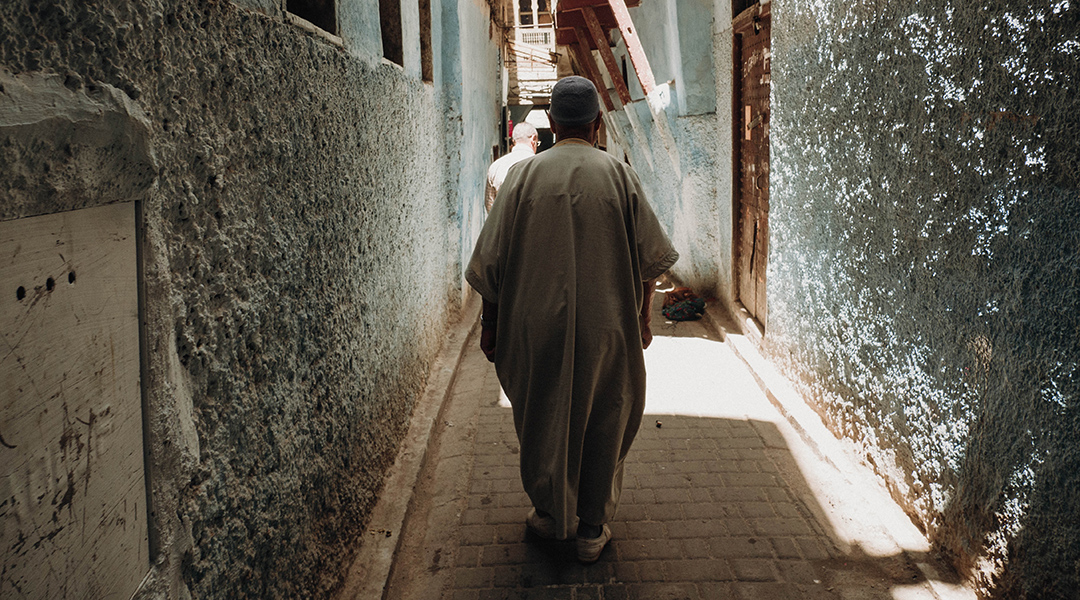


The relationship between climate action and our shared cultural heritage is often overlooked, though no less important when it comes to building resiliency and adapting to climate change.
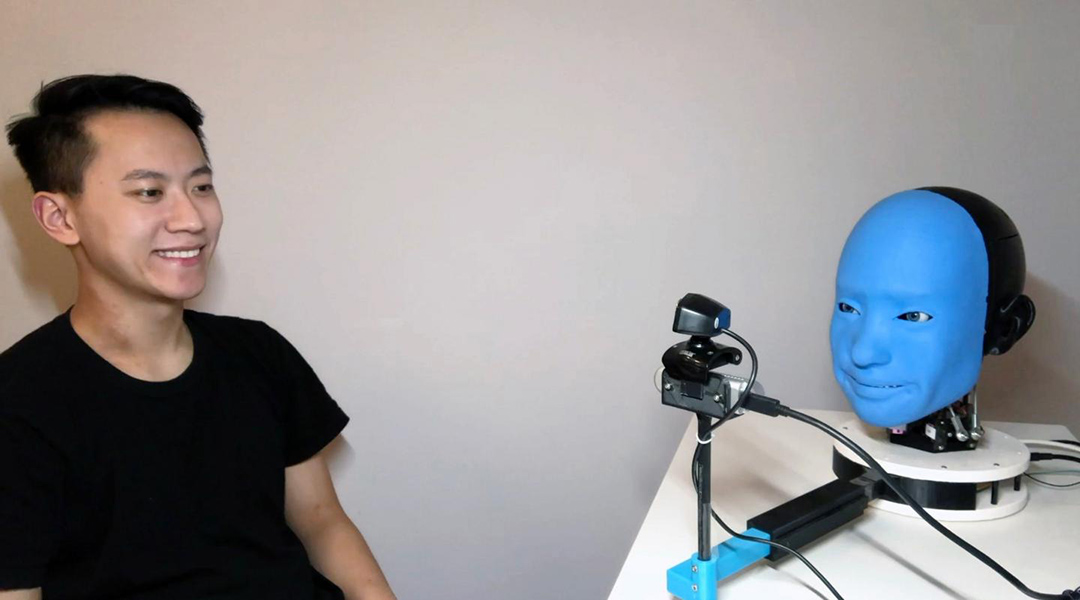
Researchers teach robots to make appropriate reactive human facial expressions, an ability that could build trust between humans and their robotic co-workers and care-givers.
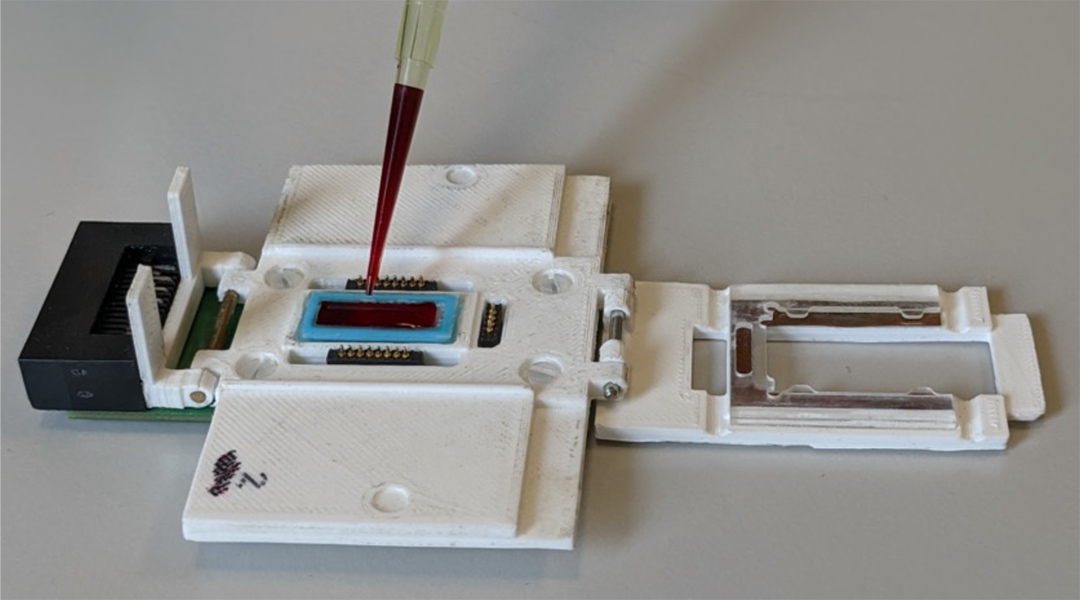
A new lab-on-chip technology enables the rapid and quantitative identification of malaria parasites in the blood for better and more accurate diagnosis in remote regions.

Self-propelling microparticles enhance the dissolution of drugs in the stomach, achieving better bioavailability without the side effects of high dosing.
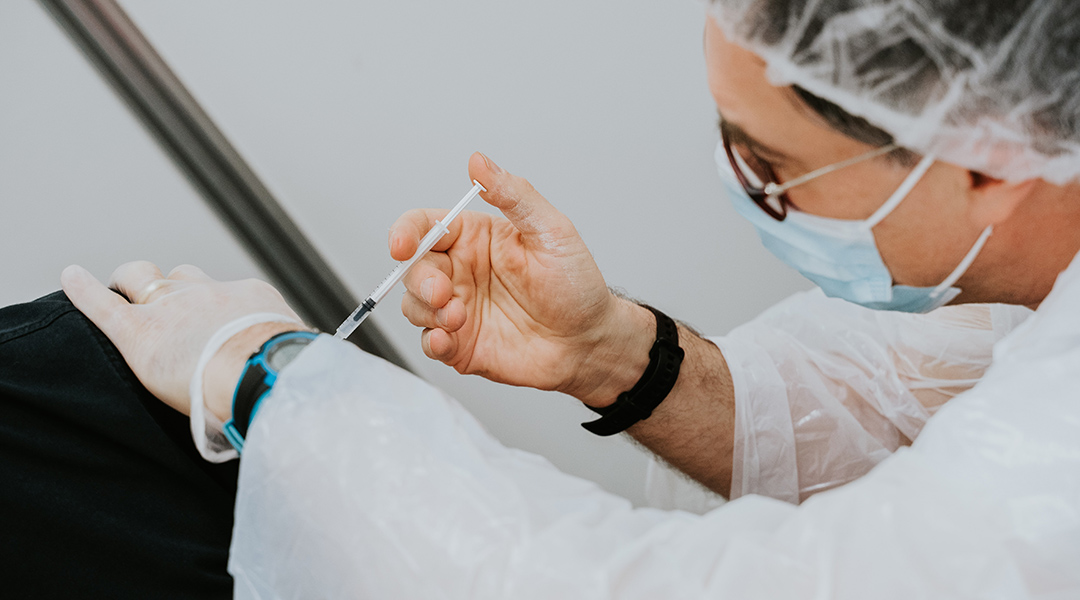
Emerging data from trials exploring mixing different types of vaccines demonstrate the practice is safe and could boost immunity.
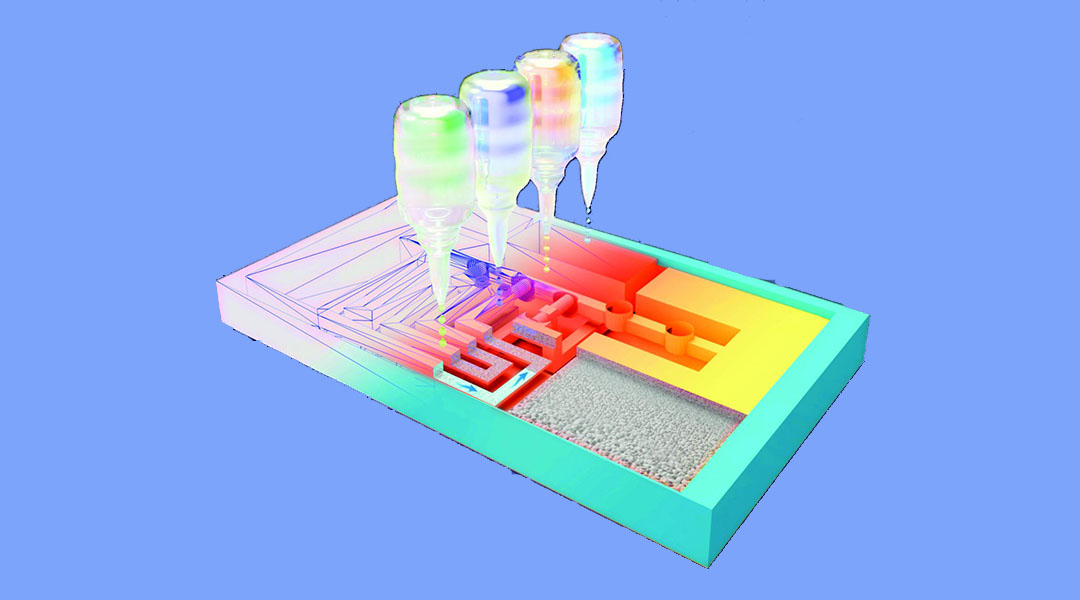
A new 3D-printing technique makes rapid self-tests based on lateral flow technology less expensive and easier to scale.
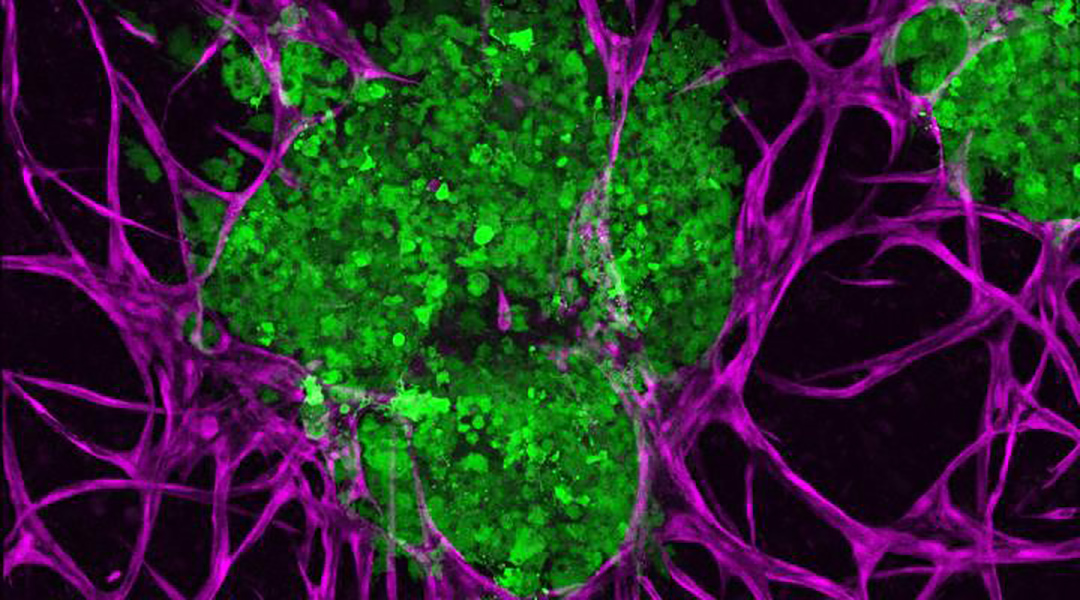
A prototype platform allows researchers to culture and study tumor growth in new detail.
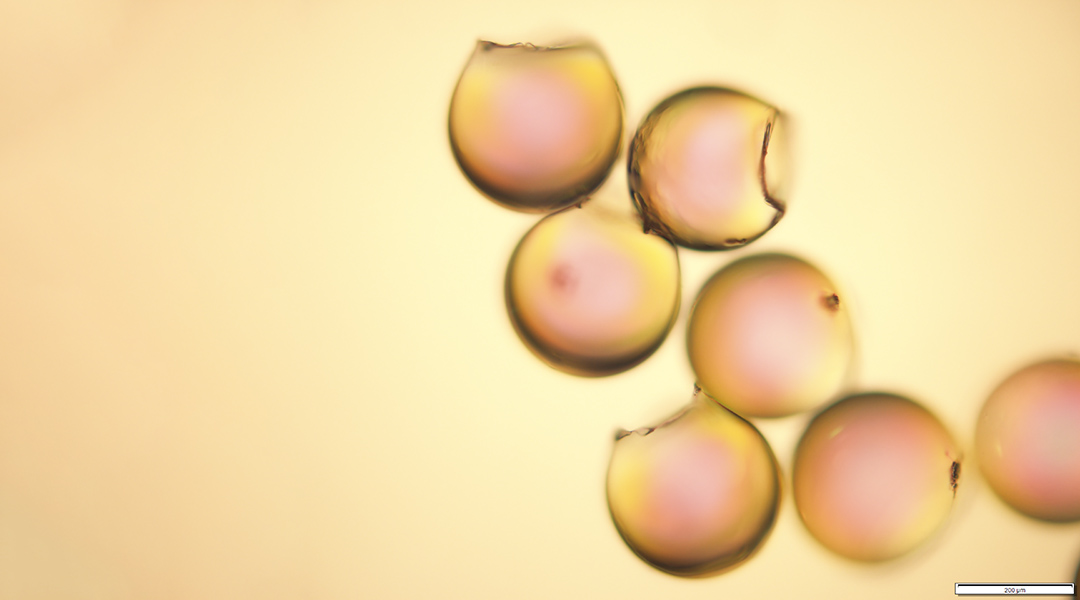
A new material helps robots analyze and navigate their environments by scanning codes invisible to the human eye.

A new, open-source platform allows scientists to easily measure the carbon footprint of their computations.
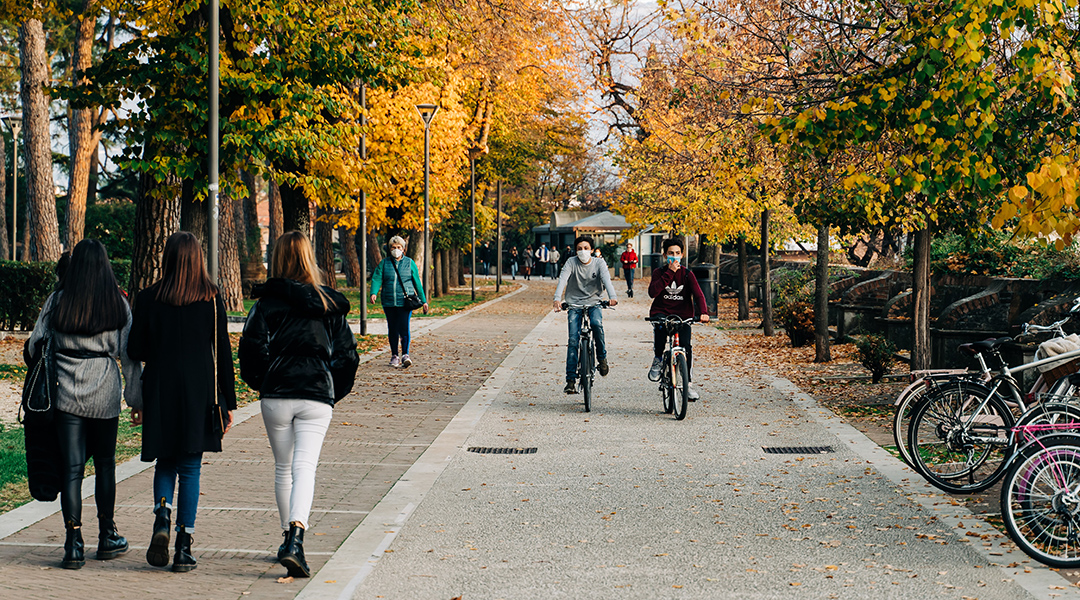
Though risk is lower, researchers debate whether people should be encouraged to wear masks outdoors or should efforts instead focus on reducing indoor transmission?